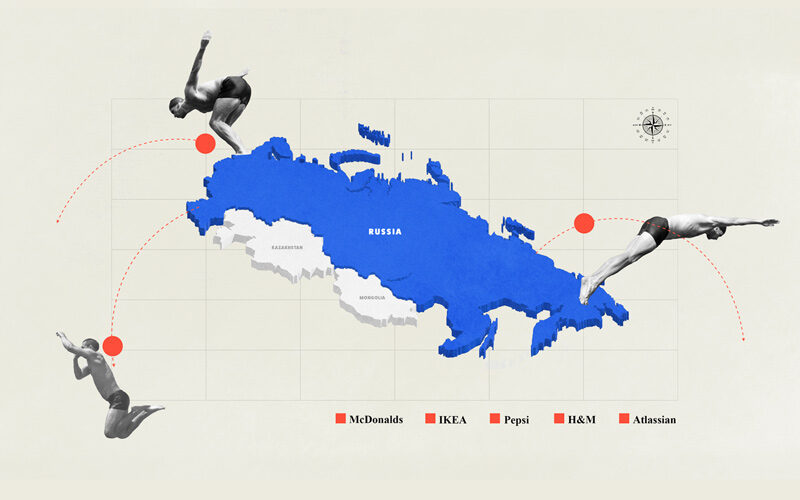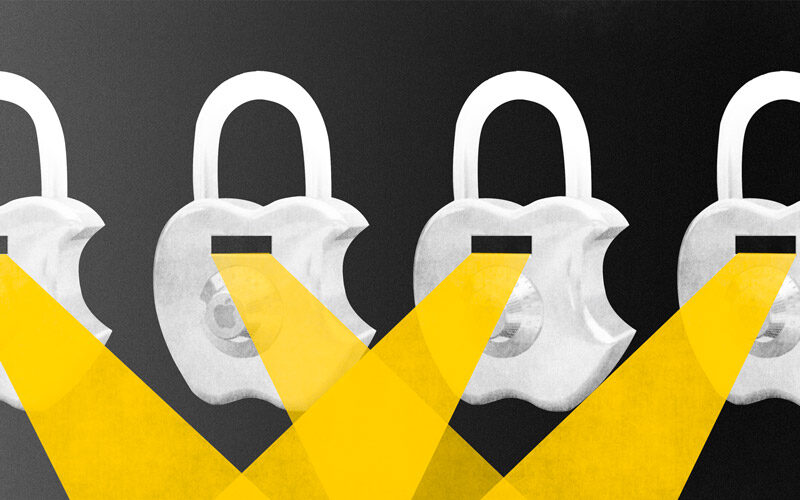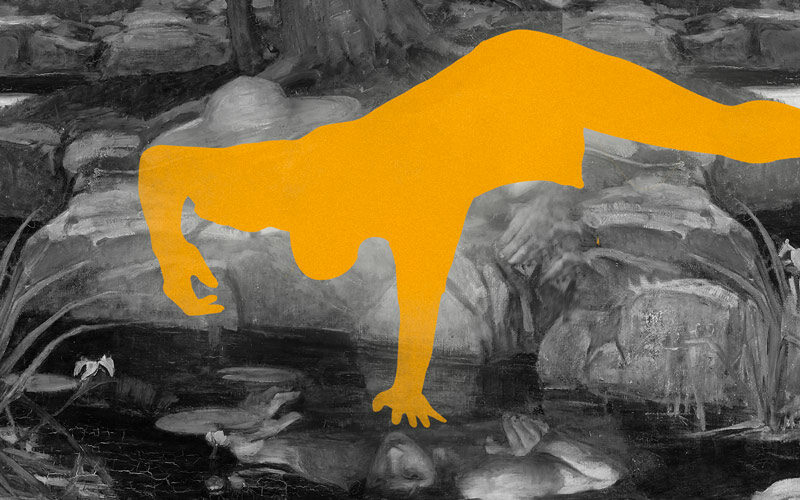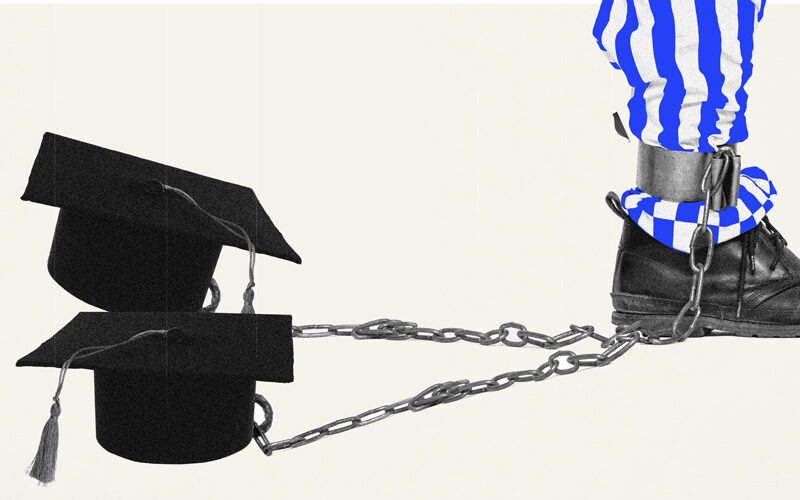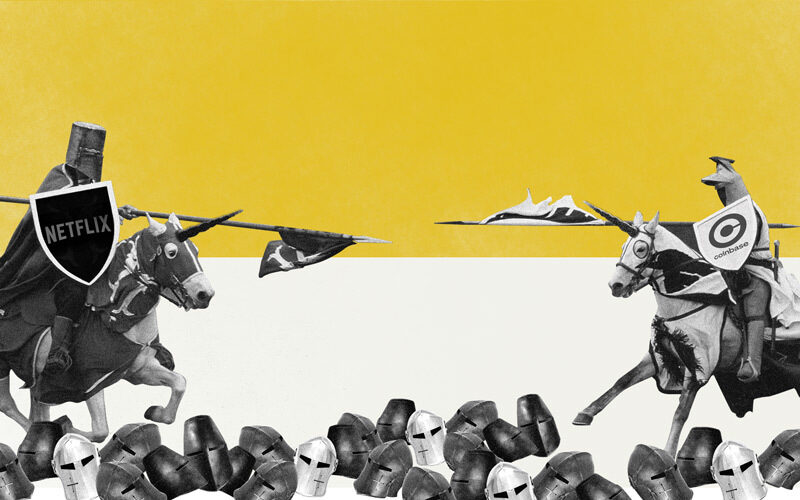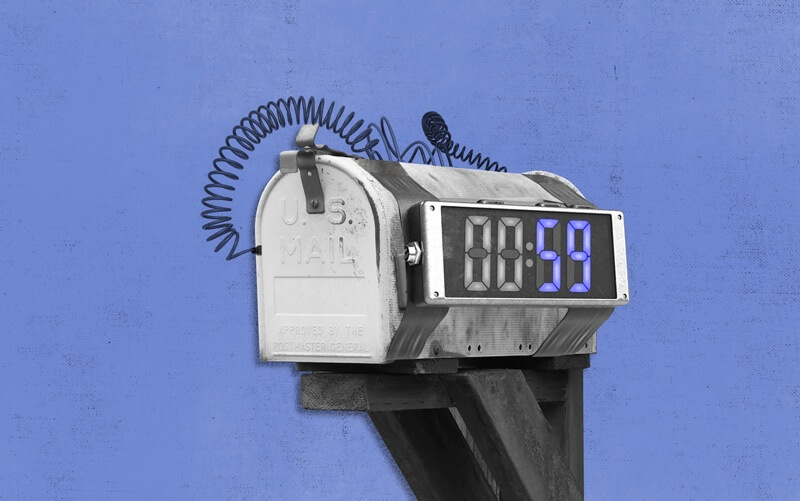On February 24th 2022, Vladimir Putin stepped up his campaign to seize Ukrainian territory by issuing a full-scale military invasion. Immediately after President Putin’s mystifying vow to “demilitarise and denazify Ukraine”, the world responded by imposing sanctions on Moscow.
It wasn’t long until major corporations joined in. McDonalds, IKEA, H&M, Bloomberg, and over 1000 Australian companies suspended operations in Russia, further toppling the Russian ruble. Perhaps the most impactful has been the British oil and gas company BP. It’s estimated BP would be pulling 20% of its stake (roughly $14 billion) out of Rosneft, a Russian state-controlled oil company.
Under pressure from Western nations, major corporations continue to depart the land of the aggressor. Tech companies are contemplating their choices: to continue operating behind enemy lines, or to cut ties, leaving citizens in an echo chamber without jobs or outside news sources.
A war against (dis)information
In their modern manifestation as news sources and primary communication platforms, tech giants are in an awkward bind. In efforts to combat disinformation while keeping services available to Russian citizens, Twitter has started labelling Russian state-owned tweets, and Meta has barred Russian state-run media from monetizing ads on their platform.
But Russia has responded to being fired by quitting first, blocking its citizens’ access to Facebook and threatening to block YouTube and Twitter too.
A moral question arises: by severing ties with a country mired by disinformation and propaganda, are their actions detrimental to democracy itself?
Two major Aussie players have elected to toughen their stance.
SaaS giant Atlassian has cut off all Russian accounts and pulled all products off the Russian market. Unfortunately, this has caused trouble for Ukrainian contractors. Atlassian has apologised for the stress, saying: “We’re moving fast and trying to make the right decision to balance the interests of our company, our customers and our contractors. We haven’t brought you along as transparently as we should have and we’re going to do that now.”
It seems there’s no way of cutting ties without casualties.
Meanwhile, Australia’s most successful design and collaboration company, Canva, has withdrawn from Russia entirely – making exceptions for those creating anti-war designs and pro-peace banners.
Tech companies continue to trickle out of Putin’s Russia. And along with them their economic value on the world stage. Apple’s market valuation alone now rivals Russia’s GDP. With countless corporations taking their services and products elsewhere, experts are wondering how Russia’s economy will survive.
Cause and effect
The effects of economic sanctions on Russia have been disastrous for its economy. Since February 24th, the Russian ruble dropped 40% compared to the Australian dollar. Russian shares plunged a colossal 98% in value in two weeks on the LSE.
With stock markets around the world closing shop on Putin’s Russia, no individual, startup, nor corporate conglomerate can invest in Russia’s economy. Russian investors have taken a hit, too. Since economic sanctions are a two-way street, Russians looking to pull their funds out of foreign markets are out of luck.
However, not all businesses are eager to up and leave.
Both McDonalds and IBM are suspending operations in Russia, but they’re hesitant to pull out permanently. PepsiCo has stopped selling Pepsi, but continues to supply dairy and baby products. Starbucks has only just made the decision to exit fully, after the initial “pause” it placed on its 130 venues in March.
Why? Because much of the local workforce is dependent on their business. Without them, Russian workers are depending on philanthropic efforts for income. The political statement of making Russia a pariah is a powerful one, but companies must consider the collateral damage: innocent civilians.
The Australian question
For many Australian companies, cutting ties is proving not so straightforward. There are contracts and legal obligations to consider. Serving as a cautionary tale, Anglo-Australian mining company Rio Tinto was sued by Russian corporations for freezing contract agreements.
Companies are attempting workarounds like suspending services (Aristocrat has suspended access to its mobile games and Atlassian has suspended licences).
Despite the complications, Australia’s biggest industry is still in profit. With Australia hitting the emergency brakes on Russian energy exports, Aussie mining companies have won big. Commodity prices of iron ore, coal, gas, and base metals have increased 13% since January, and price jumps are expected to continue into 2023.
Sadly, this may be the extent of the surplus.
Experts predict a rough patch for our highly trade-dependent country. Relying on exports for 24% of our gross state product (as much as 61% in Western Australia), we’re expected to be one of the hardest hit in this new cold war. We don’t have the self-sufficiency of the US. The question is: do we have the self-startership to achieve it? Could this alarming outlook be the thing that galvanises our startup sector?
Revitalising our economy by funding startups may be the answer. By relying less on international trade contracts, Aussies put money into the hands of the people – not foreign economies. This may just help us start bulletproofing our economy, rather than continuing our heavy reliance on our old trade-based model.
Globalisation has connected us. It’s also pushed our reliance on foreign nations to the limit. To reduce our reliance on increasingly fragile supply chains, bolster our economy, and protect our planet, island nations like Australia must look local.




